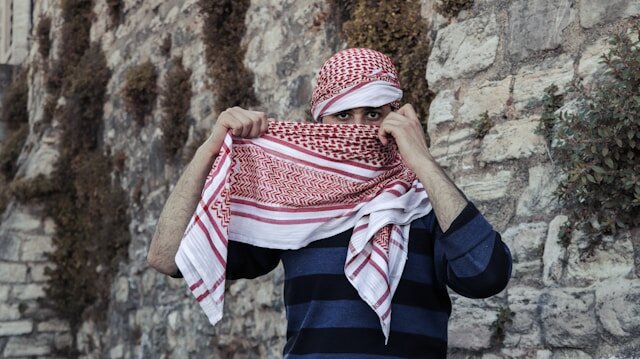Turkey’s Alevis constitutes a different type of case in which the context remained exclusionary, yet, despite discrimination, there has never been an institutional or collective exclusion towards the Sunnis among the minority.
Although never attuned, the divergence context remained non-conflictual as even the deadly sectarian attacks on the minority did not lead to retaliation. One might argue that Alevis also politicised especially in the 1970s as especially young Alevis joined the leftist organisations and took part in left-wing radicalization.
There are also Kurdish Alevis involved with the PKK attacks. However, radicalization was not along sectarian lines. In both left-wing and separatist organisations, it was ideological or ethnic radicalization. The mode of belonging can be described as precarious.
The Alevi minority, by and large, has remained committed to the secular and republican characteristics of the state. Although the Turkish state did not extend official recognition and systematically kept the Alevis in a marginal position by preventing promotion to important bureaucratic and political positions substantially; secularism itself was seen as one of relative achievement as the state policy towards Alevis in the Ottoman period to the Republic changed from one of legal and formal persecution to one of negligence at the official level. Alevis retained suspicion, but persistently relied on relative achievements of attunement.
The legal cases opened up by the Alevis for official recognition and exemption from the religious courses worth discussing the regulatory-rights pathways in a comprehensive way.







